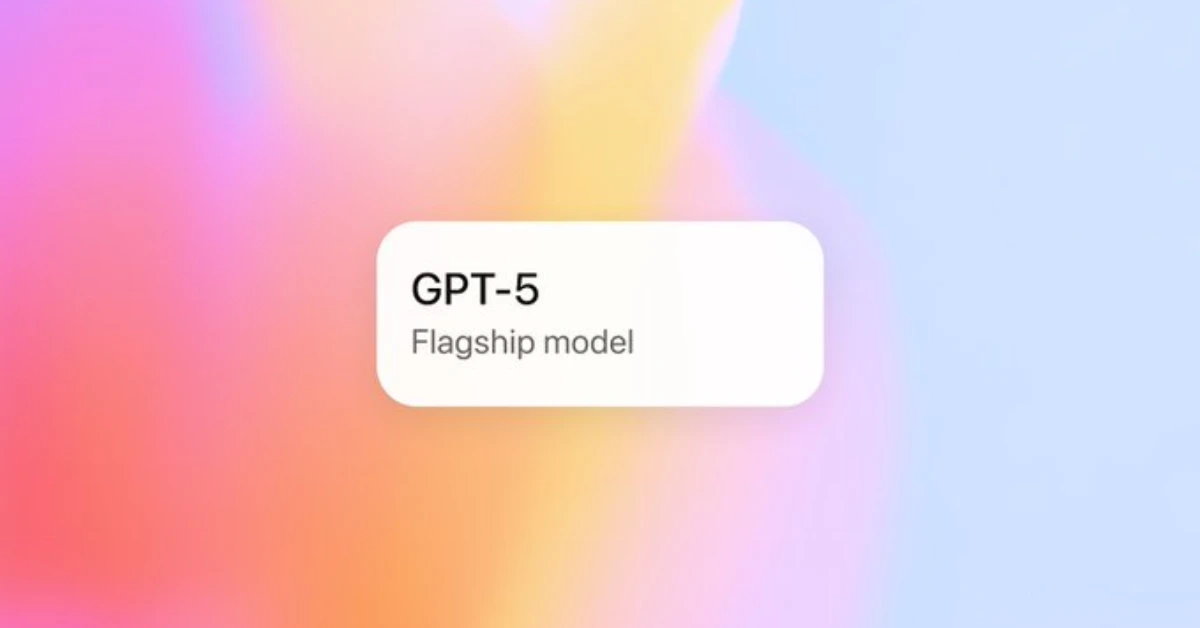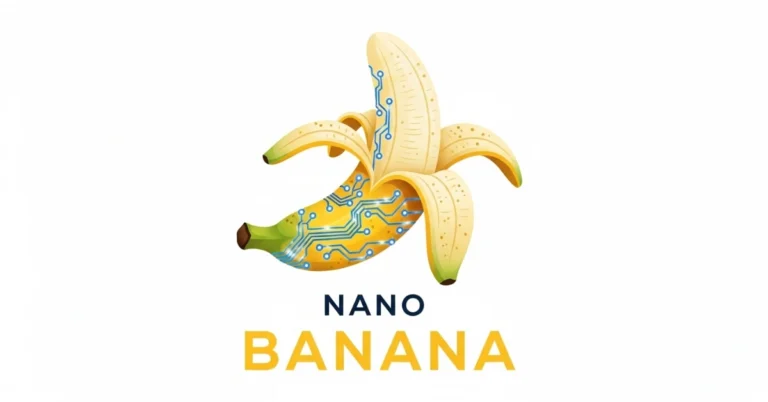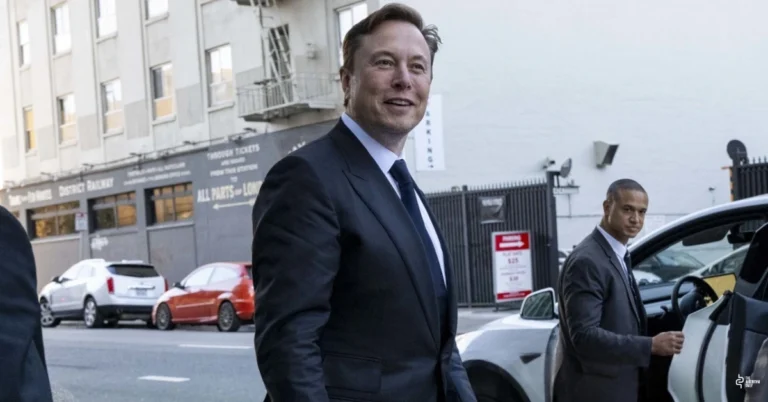Top Story: OpenAI Drops GPT-5 and It’s a Whole New Vibe
OpenAI has released GPT-5, its most advanced AI model to date. It combines the strong thinking skills of its “o-series” with the fast replies of its GPT models. GPT-5 can now do more than just answer questions; it can build apps, manage your calendar, and create research briefs. It also decides on its own whether to give you a quick answer or take extra time to think. For the first time, OpenAI is making one of its top reasoning models available to all ChatGPT users at no cost. CEO Sam Altman says it’s “the best model in the world” and a big step toward AI that can do most jobs humans can. Tests show GPT-5 beats competitors like Anthropic’s Claude and Google DeepMind’s Gemini in areas like coding, creative writing, and giving accurate health advice. It also makes far fewer mistakes or “hallucinations” compared to older models. OpenAI says it’s safer, more honest, and better at telling the difference between harmful requests and safe ones. However, it still struggles in some tricky online tasks, so it’s not perfect in every way. ChatGPT now has four new personalities: Cynic, Robot, Listener, and Nerd, so users can change its tone easily. Paid subscribers get more usage, and GPT-5 Pro offers even better answers for power users. Developers can also use GPT-5 through the API in different sizes, starting at $1.25 per million input tokens. This launch comes just days after OpenAI released a free open-weight reasoning model, but GPT-5 is now its main product in the AI race. xAI’s Top Lawyer Quits, Saying Family Comes First
Robert Keele has quit as head of legal at Elon Musk’s AI startup xAI after just a year, saying he wants more time with his two little kids. He also hinted that he and Musk don’t fully see eye to eye. Keele joined in May 2024, right before xAI’s massive $6B funding round, and called working with Musk “the adventure of a lifetime.” Still, he said, trying to juggle the job and family felt like “riding two horses at once.” Taking over is Lily Lim, a former NASA rocket scientist turned privacy and IP expert at xAI. His exit is part of a bigger trend of top leaders bouncing from Musk’s companies, including the CEO of X and several Tesla execs. Musk’s work culture is famous for being intense, think crazy-long hours and even sleeping at the office. Some other startups, like AI firm Cognition, are picking up the same vibe, with its CEO telling employees straight up that he doesn’t believe in work-life balance.
The shift wasn’t all smooth. Von Ahn admitted that his earlier AI comments sparked backlash on social media, pushing the company to tone down its “edgy” posts to improve sentiment. TikTok comments still throw shade, joking about whether videos are AI-made, but Duolingo insists its team is behind the content. Despite the criticism, the company’s numbers are booming, and for Duolingo, that’s what counts. Elon Musk says X is about to drop ads straight into answers from its AI chatbot, Grok. Speaking to advertisers, he explained the move is meant to help pay for pricey GPUs while boosting X’s struggling ad business after ex-CEO Linda Yaccarino left. The idea is for brands to pay to show their solutions right when users ask Grok-related questions, basically turning the AI into a built-in sales pitch machine. Musk also wants to tap tech from his AI startup, xAI, to make ads on X more targeted and relevant.
Since xAI bought X for $45 billion earlier this year, it’s been looking for ways to merge the two and drive more revenue. First, he says, they made Grok “the smartest, most accurate AI in the world” Now it’s time to make it pay. AI Tool of the DayKaiberWhat it does:
AI Word of the DayOverfittingDefinition: Overfitting happens when an AI model learns the training data so closely that it memorises patterns, mistakes, and random noise instead of understanding the underlying concepts. This makes it perform extremely well on the data it was trained on, but poorly when faced with new or unseen data. It’s like a student who memorises answers word-for-word without actually understanding the subject; they pass the practice test but fail when the questions are slightly different. Why it matters: Overfitting limits an AI’s real-world usefulness. Developers prevent it by using techniques like regularisation, dropout, and cross-validation, or by giving the model more diverse and representative data to train on. This ensures the AI generalises better and makes accurate predictions in different situations. That’s a wrap, fam. AI’s levelling up daily, and we’re here catching the wins first. See you on the next drop. Staff Writer, The Algorithm Daily |
📲 Get the latest Tech & Startup News on our WhatsApp Channel
👉 Join Now





